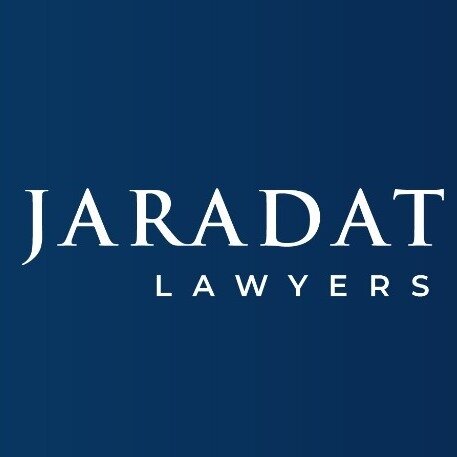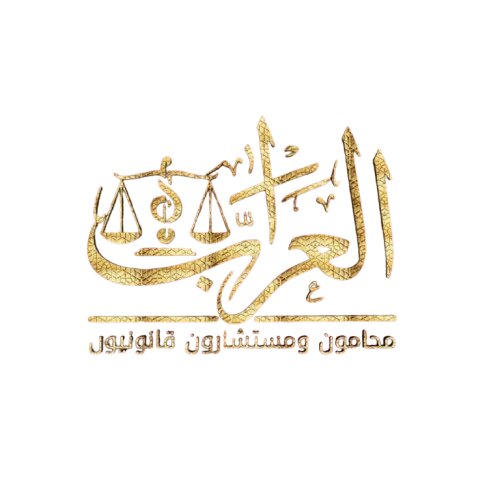Best Antitrust Litigation Lawyers in Hashemite Kingdom of Jordan
Share your needs with us, get contacted by law firms.
Free. Takes 2 min.
Or refine your search by selecting a city:
List of the best lawyers in Hashemite Kingdom of Jordan
About Antitrust Litigation Law in Hashemite Kingdom of Jordan
Antitrust litigation in the Hashemite Kingdom of Jordan centers around ensuring fair competition in the marketplace and protecting consumers and businesses from anti-competitive practices. The primary legislation governing antitrust matters in Jordan is the Competition Law, which prohibits practices like price fixing, monopolization, and abuse of dominant market positions. The law also establishes procedures for investigating and penalizing companies that violate these rules. Antitrust litigation involves legal action taken by individuals, businesses, or government agencies against parties accused of violating competition laws. These cases often address complex commercial practices that could harm competitors or consumers.
Why You May Need a Lawyer
There are several reasons why you might require the assistance of a lawyer experienced in antitrust litigation in Jordan. Common situations include:
- Being accused of anti-competitive practices such as collusion, cartel formation, or abuse of dominance
- Facing a government investigation or inquiry by the Competition Directorate
- Seeking to challenge the anti-competitive conduct of a competitor causing harm to your company
- Reviewing proposed mergers or acquisitions for compliance with Jordanian competition law requirements
- Needing to defend your business in civil claims filed by competitors or consumers regarding unfair competition
- Advising your business on structuring commercial agreements to avoid violating antitrust regulations
Local Laws Overview
Jordan's Competition Law (Law No. 33 of 2004, as amended) is the cornerstone of antitrust regulation. The law prohibits agreements or arrangements among businesses that limit competition, including price fixing, sharing markets, and other collusive conduct. It also forbids abuse by entities that hold a dominant position in a relevant market, which could include predatory pricing or unjustified refusal to deal. Mergers and acquisitions that could result in significant market concentration may require notification to, and approval from, the Competition Directorate under the Ministry of Industry, Trade and Supply. Penalties for violations can include substantial fines and orders to cease illegal conduct. The law also provides a framework for civil damages claims by parties harmed by anti-competitive practices.
Frequently Asked Questions
What acts are considered violations of antitrust law in Jordan?
Violations include agreements to fix prices, restrict production, divide markets, or engage in collusive bidding. Abuse of a dominant position, such as setting predatory prices or refusing to supply certain customers unfairly, also constitutes a violation.
Who enforces antitrust law in Jordan?
Enforcement is primarily carried out by the Competition Directorate under the Ministry of Industry, Trade and Supply. This body investigates complaints, conducts market studies, and issues decisions on potential infringements.
Can individuals or companies file private lawsuits for antitrust breaches?
Yes, parties who suffer damages due to anti-competitive practices have the right to file civil claims for compensation in Jordanian courts.
How are investigations into alleged antitrust violations conducted?
The Competition Directorate may launch investigations based on complaints or its own initiative. Investigations may require submission of documents, witness interviews, and other forms of evidence gathering.
Are there penalties for violating antitrust laws?
Yes, violators can face administrative fines, orders to correct illegal practices, and compensation claims from injured parties. Repeated or serious breaches can lead to more severe penalties.
When do mergers or acquisitions require approval under Jordanian law?
Mergers or acquisitions must be notified to the Competition Directorate if they exceed thresholds established by law and may significantly impact competition in relevant markets.
What is the definition of a dominant position?
A dominant position is generally held when a business has significant market power, typically understood as a market share above a set threshold, enabling it to behave independently of competitors and consumers.
Can restrictive agreements ever be exempted?
Yes, certain agreements that promote efficiencies, innovation, or consumer benefits may be eligible for exemption if they do not unnecessarily restrict competition and meet specific legal conditions.
How does Jordanian antitrust law apply to foreign companies?
Foreign companies conducting business or affecting competition in Jordan are subject to the Competition Law, especially where their activities impact local markets.
What should I do if my business is under antitrust investigation?
You should seek immediate legal counsel, cooperate with investigative authorities, and avoid making public statements or destroying relevant documents. Proper legal advice is critical to protect your rights.
Additional Resources
For further assistance or information related to antitrust litigation in Jordan, you may consider consulting the following:
- Competition Directorate, Ministry of Industry, Trade and Supply: The primary regulatory authority overseeing competition matters
- Jordan Bar Association: For legal referrals and guidance on finding qualified antitrust lawyers
- Jordan Chamber of Commerce and Jordan Chamber of Industry: Organizations that offer information and support to businesses dealing with competition issues
- Official government publications: These include laws, regulations, and guidelines available through the Ministry of Industry, Trade and Supply
Next Steps
If you believe you have an antitrust issue or face allegations of violating competition laws in Jordan, it is important to act promptly:
- Gather all relevant documents and information about the potential anti-competitive conduct
- Contact a legal professional with experience in antitrust litigation to discuss your situation in confidence
- Be cautious in your communications and actions; avoid discussing the matter with competitors or destroying any documents
- Cooperate with authorities if contacted, but ensure your rights are safeguarded with proper legal representation
- Follow any official notifications or deadlines issued by the Competition Directorate or other governmental bodies
Lawzana helps you find the best lawyers and law firms in Hashemite Kingdom of Jordan through a curated and pre-screened list of qualified legal professionals. Our platform offers rankings and detailed profiles of attorneys and law firms, allowing you to compare based on practice areas, including Antitrust Litigation, experience, and client feedback.
Each profile includes a description of the firm's areas of practice, client reviews, team members and partners, year of establishment, spoken languages, office locations, contact information, social media presence, and any published articles or resources. Most firms on our platform speak English and are experienced in both local and international legal matters.
Get a quote from top-rated law firms in Hashemite Kingdom of Jordan — quickly, securely, and without unnecessary hassle.
Disclaimer:
The information provided on this page is for general informational purposes only and does not constitute legal advice. While we strive to ensure the accuracy and relevance of the content, legal information may change over time, and interpretations of the law can vary. You should always consult with a qualified legal professional for advice specific to your situation.
We disclaim all liability for actions taken or not taken based on the content of this page. If you believe any information is incorrect or outdated, please contact us, and we will review and update it where appropriate.
Browse antitrust litigation law firms by city in Hashemite Kingdom of Jordan
Refine your search by selecting a city.

















